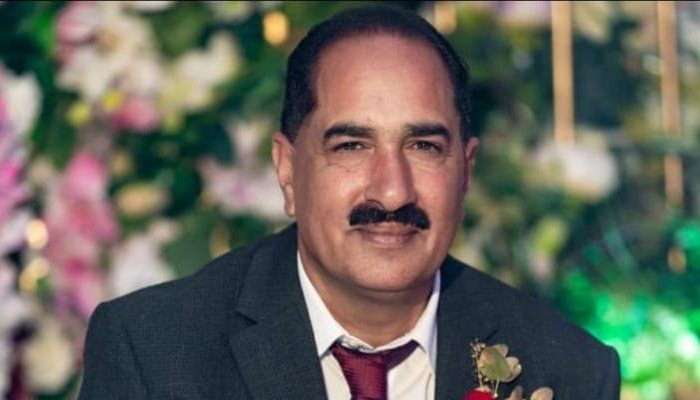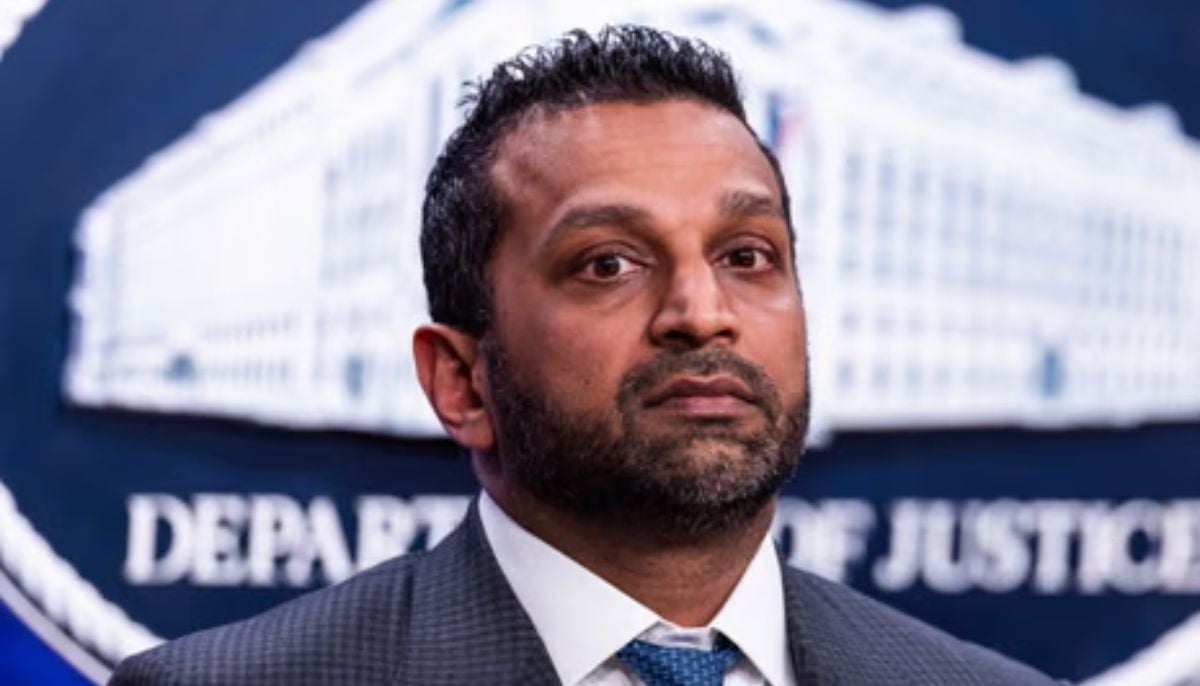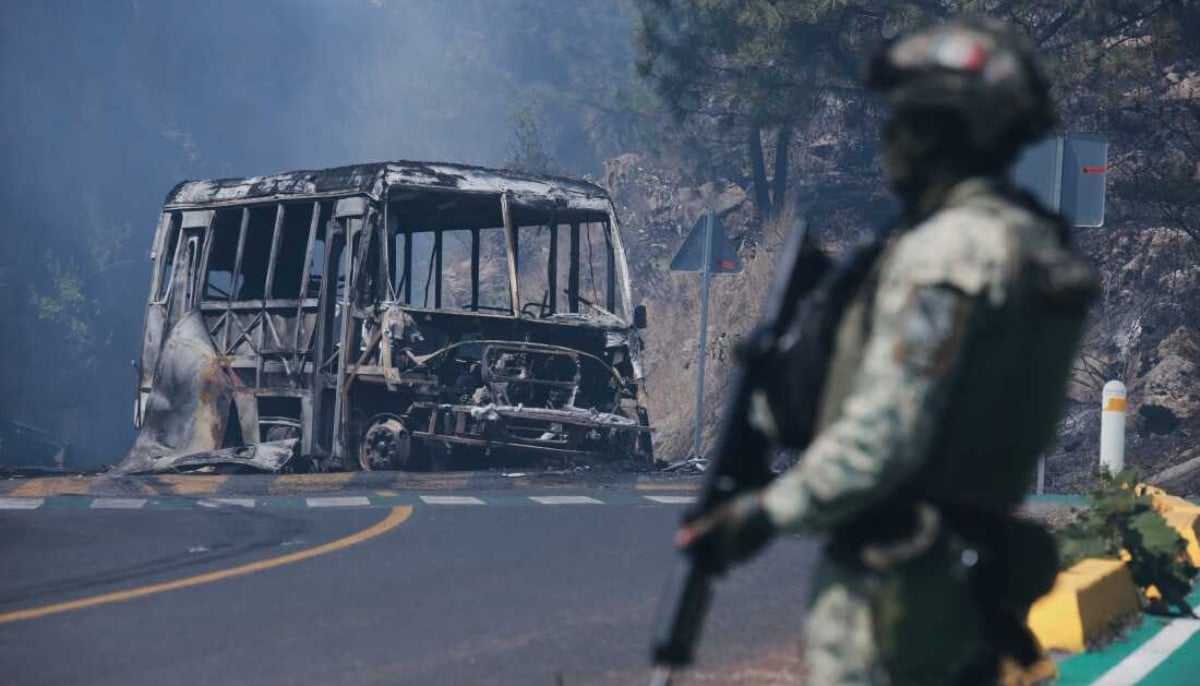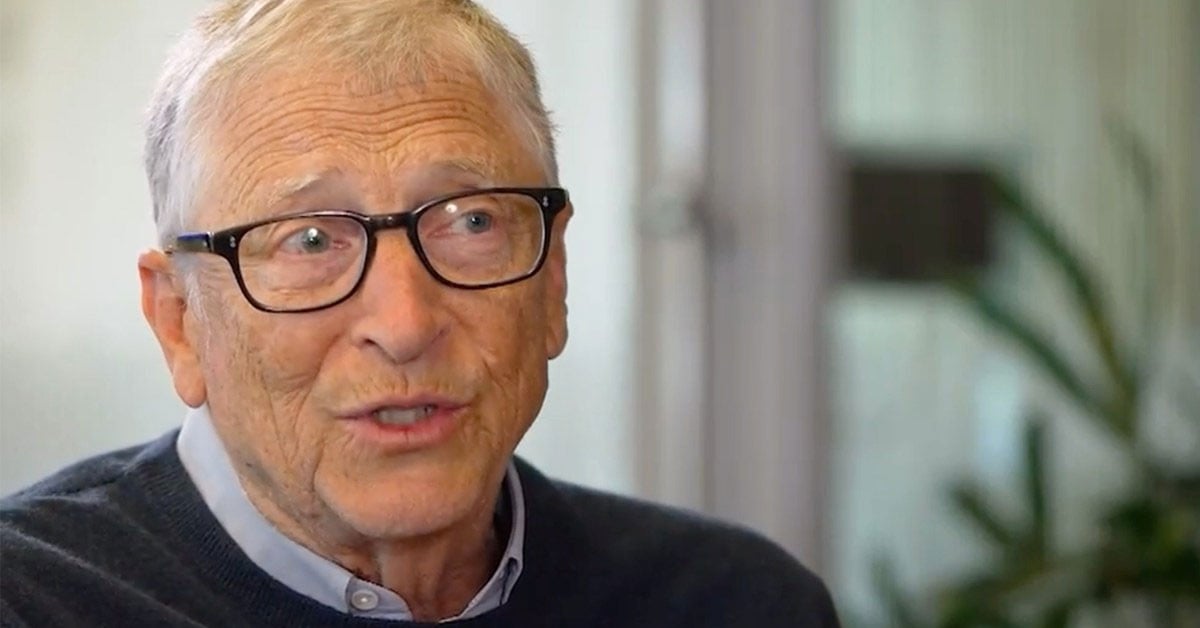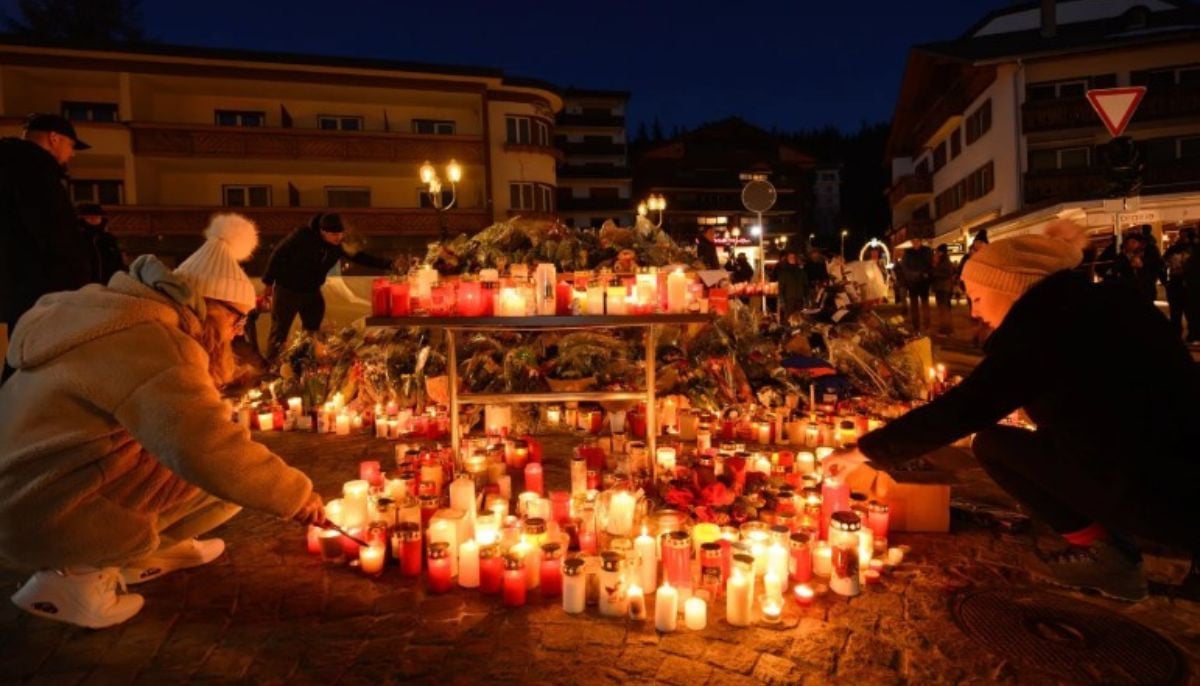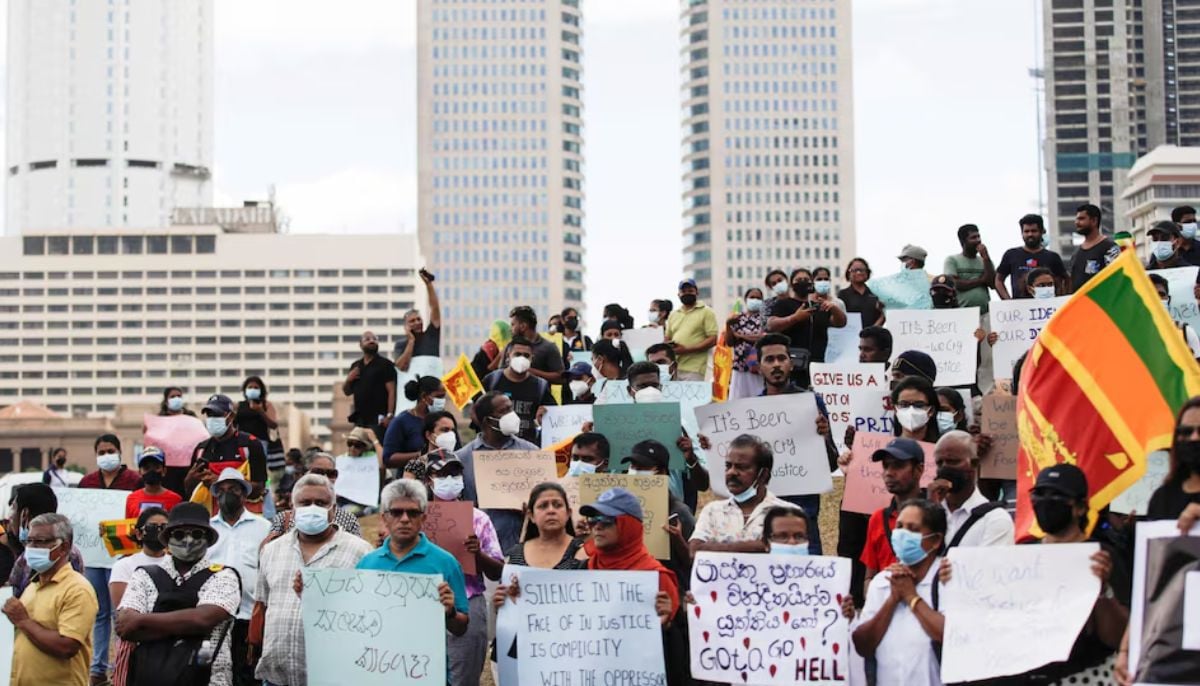Pakistani man suffers heart attack after being denied aid at London quarantine facility
"People in the hotel heard me crying and pleading for my life but the hotel staff ignored me," says Rafiq
LONDON: A British-Pakistani man suffered a heart attack after he was denied food and medicines by the staff of a quarantine facility here.
The man was denied medical aid after the hotel staff at President Hotel Russell Square failed to notice that he was vulnerable and refused to offer him the required facilities.
On May 18, 2021, British-Pakistani National Mohammed Rafiq, 58, returned to the United Kingdom on a Virgin Airlines flight from Pakistan where he had gone to visit his critically ill parents in District Kotli, Azad Kashmir.
Upon arrival, he was transported from Heathrow airport and placed in a government-approved quarantine hotel. Within a few hours, he suffered a severe heart attack and was hospitalised and almost died.
Airport officials and hotel staff knew that Rafiq could neither read nor write and was not well-versed with technology but despite that, they took no measure to protect him. Rafiq lives in Aylesbury with his wife and children.
Arriving at the hotel, Rafiq tried to explain to the staff that he was severely diabetic and that he needed to take insulin to maintain his condition. He showed the hotel staff his physician’s letter confirming that he had been prescribed a specific type of insulin that he was authorised to carry on the flight and that he also needed to eat specific foods at set times.
Despite his best efforts, no one listened and Rafiq was denied access to his medicines and food. He was also initially denied access to going out for a walk for fresh air.
Rafiq’s health then began to rapidly deteriorate. He told Geo and The News that he became increasingly desperate, scared and broke down, begging for help.
"People in the hotel heard me crying and pleading for my life but the hotel staff ignored me and dismissed my actions as causing a scene," he said.
At 8:00pm that same night, Mohammed collapsed and was then transported to a hospital in an ambulance.
Late that night, he contacted solicitor Muhammad Zahab Jamali and asked for legal help. Jamali told this reporter he contacted the health secretary's lawyers, asking them to intervene and resolve the issue but nothing was done.
Doctors at the University College Hospital London acted promptly and helped Rafiq. They discovered that he had suffered a heart attack brought about by stress and poor management of his diabetic condition. On the following day, he had a stent inserted into his heart.
Whilst in recovery, Rafiq was told that he would have to return to quarantine after he was discharged.
After the government lawyers declined, Barrister Jamali subsequently brought urgent proceedings in the High Court. A detailed examination of the case took place in Court on the 25 May resulting in a High Court judge ordering release Rafiq's release, subject to a doctor confirming the same.
The doctor soon confirmed that he should be released but the government still moved Rafiq back to the same hotel under the same conditions, around 5pm.
After several rounds of communication and legal action threats, the hotel agreed to release him after refusing to even look into the case.
Rafiq is now recovering at home with his family but says the entire ordeal has left him scarred for life.
Jamali said: “This case is one of many others to raise serious questions about the duty of care owed by the government to travellers. The question as to whether adequate safeguards are really in place to protect those who are most vulnerable has been raised time and time again. The cavalier approach of the government, the airport and the hotel staff almost resulted in the death of a clearly vulnerable individual. When the very objective of the red list and quarantine system is to prevent death and save lives, are the most vulnerable afforded the same protection?”
A hotel source confirmed that Rafiq was taken to a hospital and later on discharged on the court's order. However, he declined to comment about his health situation.
-
Chinese astronauts finally reveal why spacecraft left them ‘stranded’ for 437 days in space
-
Sinitta makes shock admission about marriage to Andy Willner post Simon Cowell heartbreak
-
Bill Gates calls ties to Jeffrey Epstein 'huge mistake,' reveals past 'affairs'
-
Switzerland announces one-time compensation for Swiss bar fire victims
-
Ryan Coogler shares thoughts about building community of actors amid 'Sinners' success
-
Heidi Klum gushes over Diplo collab 'Red Eye' despite DJ falling asleep during video
-
Israel behind majority of journalist deaths worldwide, watchdog claims
-
Former Sri Lankan intelligence chief arrested over 2019 Easter bombings
